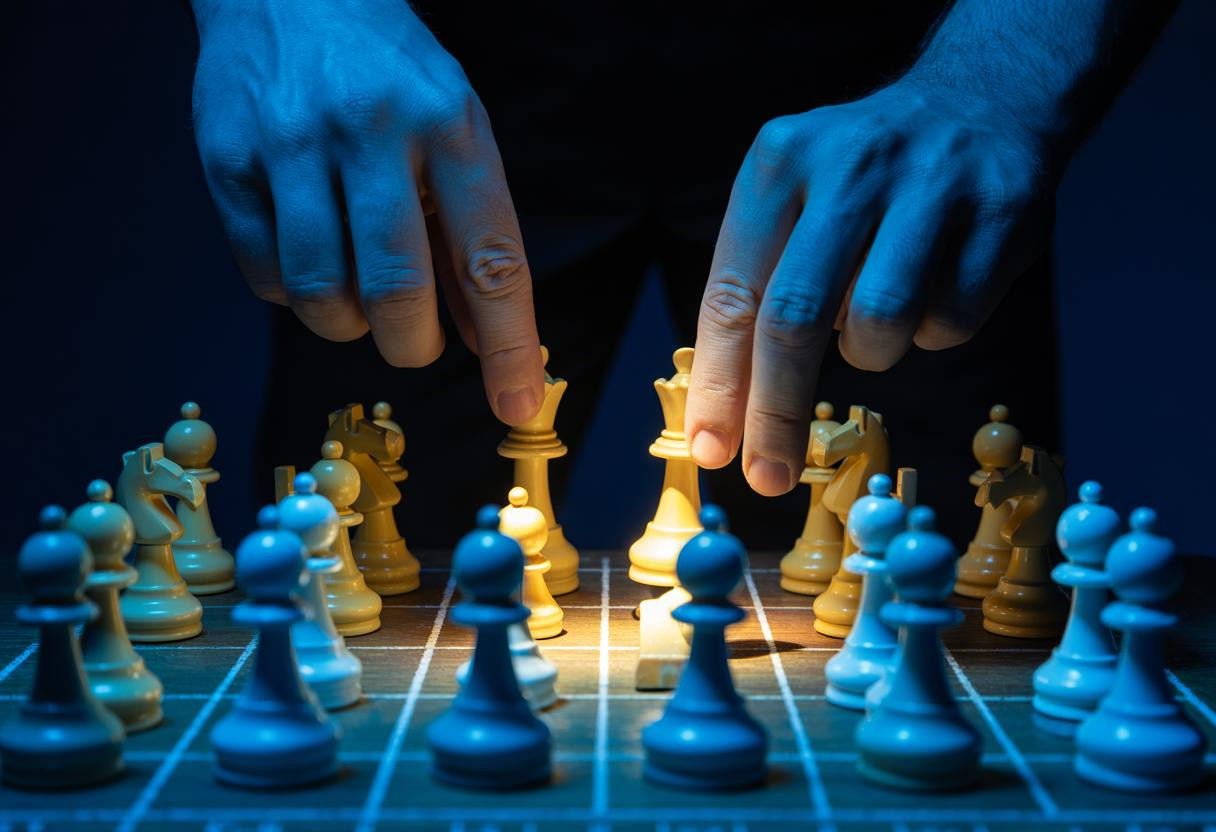When 80,000 fans pack Munich’s Allianz Arena on May 31st, they’ll witness more than just a football match—they’ll see two fundamentally different philosophies clash for European supremacy. The 2025 Champions League final between PSG and Inter Milan represents the ultimate test of attacking artistry versus tactical pragmatism, with both clubs carrying the weight of unfulfilled dreams and desperate ambition.
The tactical chess match that could reshape European football
PSG’s transformation under Luis Enrique mirrors PSG’s stunning rebirth without Mbappé, evolving from star-dependent to systematically brilliant. Their fluid 4-3-3 formation emphasizes positional interchanges and press resistance, with Ousmane Dembélé and Kvicha Kvaratskhelia creating chaos through half-space exploitation.
Inter Milan’s 3-5-2 setup under Simone Inzaghi represents defensive evolution—they’ve spent only 16 minutes trailing throughout their entire Champions League campaign. Wing-backs Denzel Dumfries and Federico Dimarco function as tactical chameleons, morphing between defensive anchors and attacking catalysts depending on game state.
The psychological battlefield where legends are born
PSG carries the crushing burden of expectation—a decade-long project seeking validation through one perfect evening. Their 2020 final defeat to Bayern Munich haunts the club’s collective memory, but recent comebacks against Arsenal and Liverpool demonstrate newfound mental resilience.
Managing pressure in high-stakes situations requires mastering techniques that sports psychologists have studied for decades, similar to how ancient techniques for managing pressure can transform performance under extreme stress. Inter’s experience advantage—having reached the 2023 final—provides crucial psychological armor.
The motivation factor that changes everything
Inter’s core group understands this might be their final opportunity to achieve European glory together. Nicolò Barella, Lautaro Martínez, and Alessandro Bastoni have conquered every domestic challenge but need Champions League success to cement their legacy.
Set-piece warfare could determine the winner
Inter ranks 4th among all 36 Champions League teams in aerial duel success rate, making set-pieces their secret weapon. Their “stacked attacker” strategy creates numerical advantages in PSG’s penalty area, exploiting the French side’s zonal marking vulnerabilities.
PSG’s counter-strategy involves aggressive pressing to limit Inter’s transition opportunities. When Fabián Ruiz controls midfield tempo, PSG becomes virtually unstoppable—but Inter’s defensive compactness has frustrated superior attacking teams all season.
The individual battles that matter most
Dembélé versus Dumfries represents pace against physicality. If Dembélé isolates Inter’s wing-back in one-on-one situations, PSG’s attacking system flows freely. Conversely, Dumfries’ progressive passing ability—averaging 4.2 key passes per game—could unlock PSG’s defensive structure.
Why this final transcends football tactics
This match reflects broader trends in elite sports, where systematic excellence competes against individual brilliance. The outcome could influence coaching philosophies across Europe, much like how breakthrough moments in European sports often reshape entire competitive landscapes.
Expert analysis suggests a PSG 3-2 victory, with the first goal proving crucial. PSG’s attacking variety gives them slight advantages, but Inter’s set-piece threat and big-game experience create genuine uncertainty.
The legacy that will outlast the final whistle
Regardless of the result, this final represents football’s eternal struggle between beauty and efficiency. PSG seeks to prove that patient rebuilding can triumph over quick fixes, while Inter aims to demonstrate that tactical intelligence conquers raw talent. For both clubs, European glory would validate years of strategic evolution and transform their institutional identities forever.
